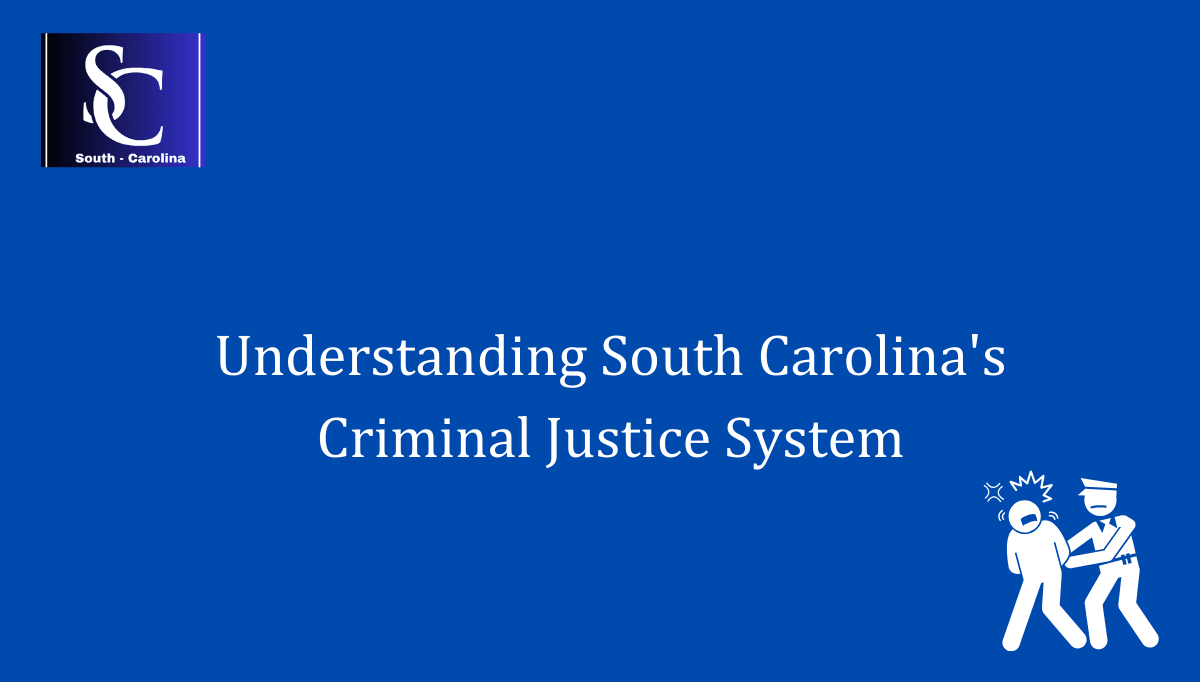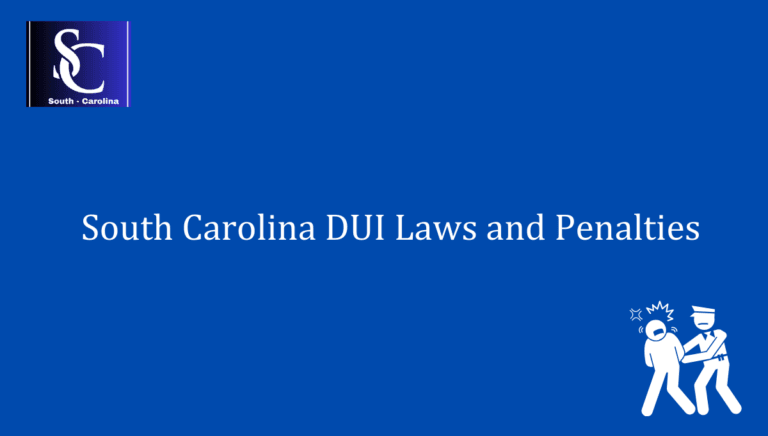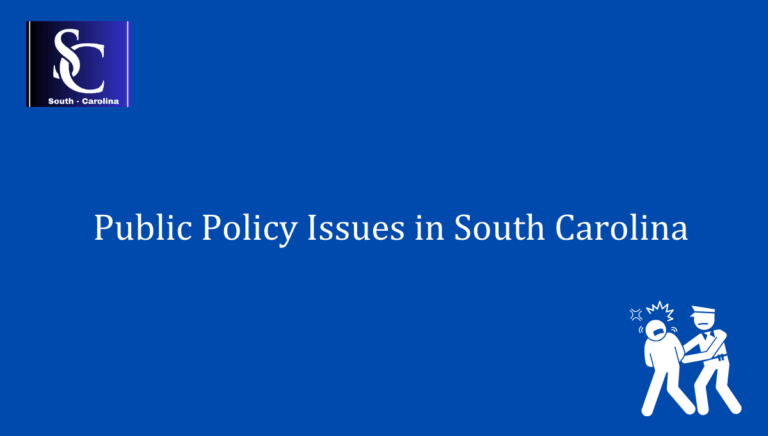Understanding South Carolina’s Criminal Justice System
South Carolina’s Criminal Justice System plays a vital role in maintaining law and order within the state. With a rich history and a commitment to justice, the system strives to protect the rights of its citizens while ensuring a fair and impartial process for all. From arrest to trial, every step is carefully designed to uphold the principles of accountability and due process.
At the heart of this system are dedicated professionals who work tirelessly to uphold the law and ensure public safety. From police officers and prosecutors to judges and corrections officers, each individual plays a crucial role in maintaining the integrity of South Carolina’s Criminal Justice System. Through their collective efforts, they strive to create a safer and more just society for all residents.
Commitment to Justice
South Carolina’s Criminal Justice System is built upon a firm commitment to justice. The system recognizes the importance of maintaining law and order within the state, and strives to protect the rights of its citizens while ensuring a fair and impartial process for all.
Upholding Accountability
At every stage, from arrest to trial, the South Carolina Criminal Justice System places a strong emphasis on accountability. It is essential that every individual involved in the process is held accountable for their actions, ensuring that justice is served.
Ensuring Due Process
One of the fundamental principles of the South Carolina Criminal Justice System is ensuring due process. Every individual, regardless of their background or circumstances, is entitled to a fair and impartial trial. This ensures that justice is carried out in a manner that is consistent with the law.
Police Officers: Protecting the Community
Police officers are at the forefront of maintaining law and order within South Carolina. They work tirelessly to protect the community and ensure public safety. Through their dedication and commitment, they play a crucial role in upholding the integrity of the criminal justice system.
Prosecutors: Seeking Justice
Prosecutors are responsible for representing the state and seeking justice in criminal cases. They carefully review the evidence, build strong cases, and present them in court. Their role is vital in ensuring that those who have violated the law are held accountable for their actions.
Judges: Impartial Adjudicators
Judges in the South Carolina Criminal Justice System serve as impartial adjudicators. They preside over trials, make legal determinations, and ensure that the proceedings are conducted in accordance with the law. Their role is essential in maintaining the integrity and fairness of the system.
Corrections Officers: Rehabilitation and Reintegration
Corrections officers play a crucial role in the South Carolina Criminal Justice System by overseeing the rehabilitation and reintegration of offenders. They work to create a safe and secure environment within correctional facilities while providing opportunities for individuals to turn their lives around and become productive members of society.
Through the collective efforts of these dedicated professionals, the South Carolina Criminal Justice System strives to create a safer and more just society for all residents. Their commitment to upholding the law, ensuring due process, and maintaining accountability is essential in achieving this goal.
FAQs
What is the criminal justice system in South Carolina?
The criminal justice system in South Carolina refers to the set of laws, institutions, and procedures that are in place to maintain social control, prevent crime, and enforce penalties for criminal offenses committed within the state.
What are the main components of the criminal justice system in South Carolina?
The main components of the criminal justice system in South Carolina include law enforcement agencies, the court system, and correctional facilities. Law enforcement agencies are responsible for investigating crimes and apprehending suspects. The court system oversees the legal process, including trials and sentencing. Correctional facilities are responsible for housing and rehabilitating convicted individuals.
How does the criminal justice system work in South Carolina?
The criminal justice system in South Carolina works by following a series of steps. It begins with law enforcement agencies investigating a crime and gathering evidence. If there is enough evidence, the case moves to the court system, where the accused person is provided with legal representation and a trial takes place. If found guilty, the sentencing phase determines the appropriate punishment. The convicted individual may then be sent to a correctional facility or undergo alternative forms of punishment.
What are the rights of individuals within the criminal justice system in South Carolina?
Individuals within the criminal justice system in South Carolina have certain rights, including the right to legal representation, the right to remain silent, the right to a fair trial, and the right to be presumed innocent until proven guilty. These rights are protected by the United States Constitution and the South Carolina Constitution to ensure a fair and just legal process.
Are there alternatives to incarceration in the criminal justice system in South Carolina?
Yes, there are alternatives to incarceration in the criminal justice system in South Carolina. These alternatives may include probation, community service, restitution, or participation in rehabilitation or treatment programs. The goal of these alternatives is to provide individuals with opportunities for rehabilitation and reintegration into society, while still holding them accountable for their actions.
How can I learn more about the criminal justice system in South Carolina?
To learn more about the criminal justice system in South Carolina, you can consult official government websites, such as those of the South Carolina Department of Corrections and the South Carolina Judicial Department. Additionally, you can seek information from legal professionals, such as attorneys or law enforcement officials, who can provide insights and clarification on specific aspects of the criminal justice system.







